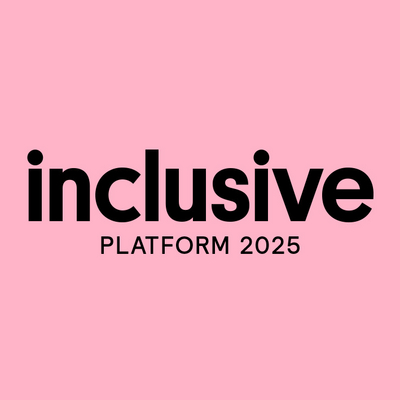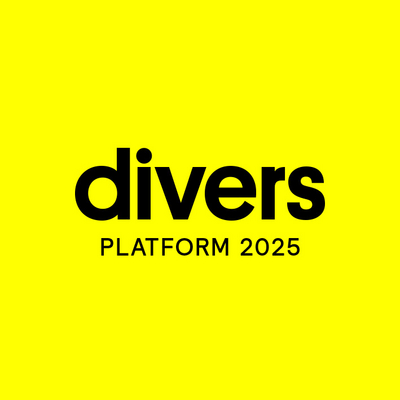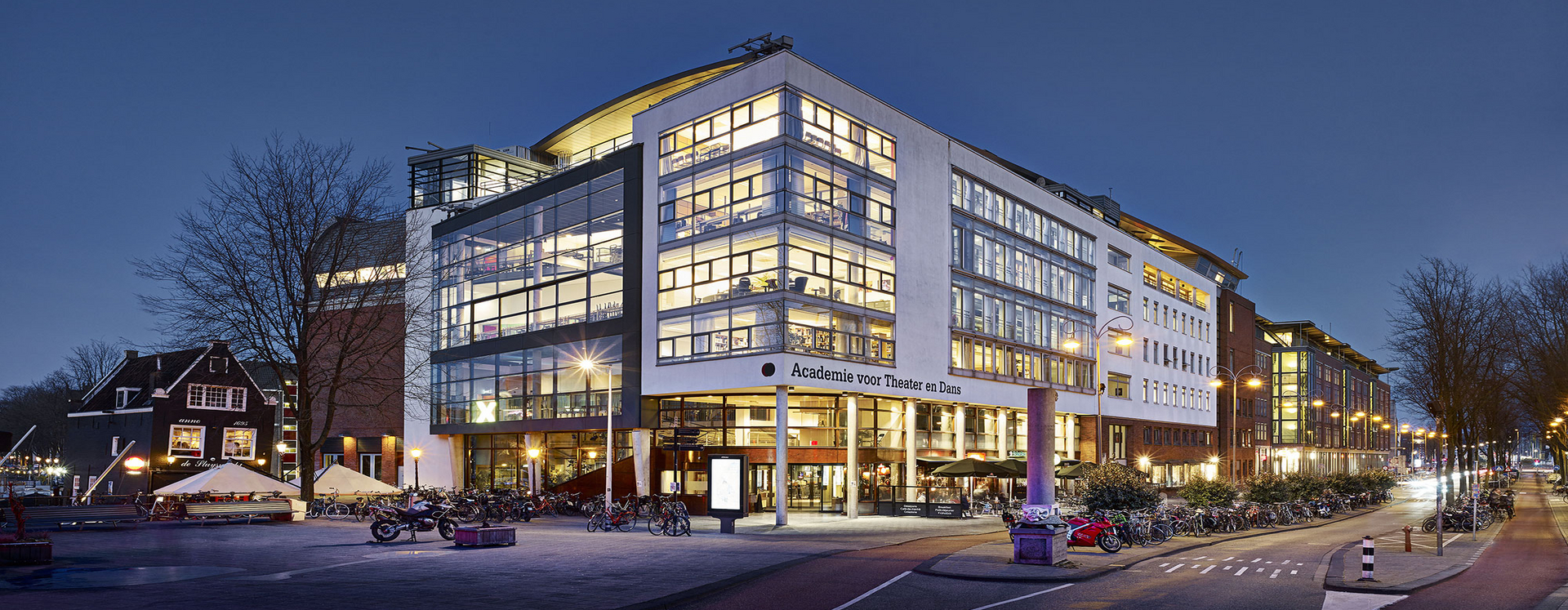About Platform 2025 - Diversity & Inclusion


In the ongoing discussions about the relationship between the school and the surrounding world and the professional field, diversity and inclusion is a recurring and important topic.
We have made some progress in the area of diversity in recent years. Many of the courses are concerned with diversity and inclusivity leading to changes in curricula, discussions, experiments and investment in the programs. But this is just the beginning. In 2018, the diversity and inclusivity platform was set up within the ATD, which is responsible for policy development and the development and implementation of the various initiatives to achieve a consistent approach (see: Policy Plan for Diversity and Inclusivity ATD, 2018.).
The future of the performing arts depends on these developments. For the field to truly represent our diverse society, the ATD must continue to change and create an environment that welcomes new stories and repertoire, alternative codes and visions, and alternative forms of movement and reflection - while at the same time recognizing and connecting in all of these subjects maintains.
We are aware that not everyone feels that the ATD is a safe haven for them. That is why we take a step back to make an analysis of our organization. We must recognize that the system in which we live and work is partly the legacy of a colonial culture. And if we want to implement changes, we will have to do something about awareness, about the representation of staff and students, the support of students, the content of curricula and the value of didactic methods and standards. The new generation no longer accepts that system in which we live - neither in the ATD, nor in society. Making the school more inclusive includes much more than just inviting students with a non-Western background to audit. An example of activities in this area are the ATD staff training that focuses on unconscious bias, led by Elonka Soros in September 2019. In the intro week of the academic year 2019-2020, all students - not only the first years - took part activities that focused on inclusivity and diversity, such as the Black Heritage Tour and the HALf6 meetings with Jörgen Tjon A Fong and others.
If the ATD really wants to change its learning environment and offer inclusive education in an inclusive environment, current staff and students must investigate who they are as individuals and as organizations. What role do they play in preserving the existing system? How could they change the system and what would the consequences of those changes be? A common point from which we depart is the value we attach to the performing arts and the significance of the arts for the world in which we live.
BIAS Awarness Training
The concept of inclusivity is high on the agenda of the ATD. The subject is also on the agenda at policy level. That is why artistic leaders, operational team, department heads and educational supporters follow a BIAS Awareness training.
Elonka Soros from Great Britain is providing this BIAS training. Elonka is diversity and inclusion consultant in creative industry. For example, she has collaborated with various national broadcasters throughout Europe (including the NPO / BNN-VARA and the Danish DR) to discuss unconscious prejudices in these workplaces. She also developed the diversity action plan for the BBC.
